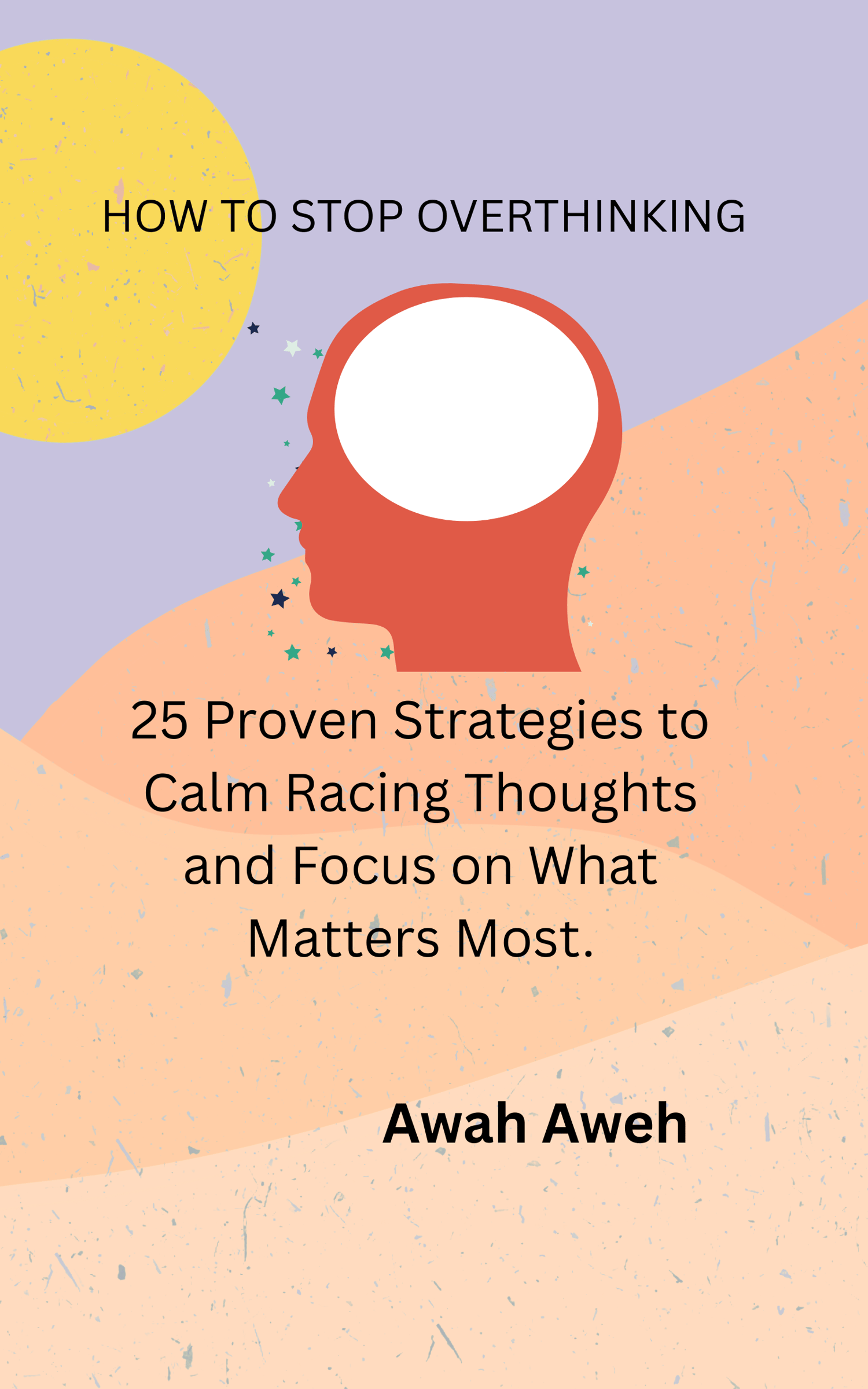Happiness is often perceived as an elusive goal, but recent scientific research has shed light on the factors that contribute to our sense of joy and well-being.
This exploration of happiness combines psychology, neuroscience, and behavioral science, providing valuable insights into how we can cultivate lasting joy in our lives.
1.The Definition of Happiness
Happiness can be defined in two main ways:
- Hedonic Happiness: This involves pleasure and the avoidance of pain. It is often associated with momentary experiences of joy and satisfaction.
- Eudaimonic Happiness: This relates to living a meaningful life and realizing one's potential.
It emphasizes personal growth and fulfillment.
Understanding these definitions helps clarify the different pathways to happiness.
2. The Role of Positive Psychology
Positive psychology focuses on the study of strengths and factors that contribute to human flourishing. Key researchers, like Martin Seligman, propose that happiness can be cultivated through:
- Positive Emotions: Experiencing joy, gratitude, and love.
- Engagement: Being fully immersed in activities (often referred to as "flow").
- Relationships: Building strong social connections.
- Meaning: Finding purpose in life.
- Accomplishment: Achieving goals and aspirations.
3. The Neuroscience of Happiness.
Neuroscience has identified specific brain regions and chemicals involved in our experience of happiness:
- Dopamine: Often called the "feel-good" neurotransmitter, it plays a major role in reward and motivation.
- Serotonin: This chemical helps regulate mood and is linked to feelings of well-being.
- Oxytocin: Known as the "love hormone," it fosters social bonding and trust.
Research shows that engaging in activities that promote positive emotions can increase the levels of these neurotransmitters, enhancing overall happiness.
4. The Impact of Gratitude
Numerous studies have demonstrated that practicing gratitude can significantly boost happiness. Keeping a gratitude journal, where individuals write down things they are thankful for, can lead to:
- Improved mood.
- Enhanced relationships.
- Greater resilience to stress.
Gratitude shifts focus from what we lack to what we have, fostering a positive outlook on life.
5. Mindfulness and Happiness.
Mindfulness involves paying attention to the present moment without judgment. Research suggests that mindfulness practices, such as meditation and deep-breathing exercises, can lead to:
- Reduced stress and anxiety.
- Increased emotional regulation.
- Greater life satisfaction.
Mindfulness encourages individuals to appreciate the present, which can enhance feelings of joy.
6. The Importance of Social Connections
Strong social relationships are one of the most significant predictors of happiness. Studies indicate that people with robust social networks experience:
- Lower levels of stress
- Increased feelings of belonging
- Greater overall life satisfaction
Investing time in building and maintaining relationships can have profound effects on well-being.
7. Physical Activity and Happiness.
Regular exercise is linked to improved mood and mental health. Physical activity can lead to:
- Release of endorphins (natural mood lifters)
- Reduced symptoms of anxiety and depression
- Enhanced self-esteem and cognitive function
Even moderate exercise, such as walking, can significantly enhance overall happiness.
8. The Role of Giving and Altruism.
Engaging in acts of kindness and giving to others can boost happiness. Research indicates that:
- Volunteering and helping others can lead to increased feelings of joy and fulfillment.
- Altruistic behavior activates brain regions associated with pleasure and reward.
Fostering a culture of giving can create a ripple effect, enhancing happiness in communities.
Understanding the science of happiness enables us to take actionable steps toward cultivating joy in our lives. By focusing on positive psychology, gratitude, mindfulness, social connections, physical activity, and altruism, we can enhance our well-being. This knowledge not only enriches our lives but also creates appealing opportunities for advertisers within the wellness and self-improvement sectors. As we continue to explore the science behind happiness, we pave the way for a more fulfilling, joyful existence.
If you found this information valuable, consider subscribing for more insights into happiness and well-being. Explore products and resources that support your journey to joy, and join our community committed to embracing happiness!






.jpg)





.jpg)


.jpg)
No comments:
Post a Comment